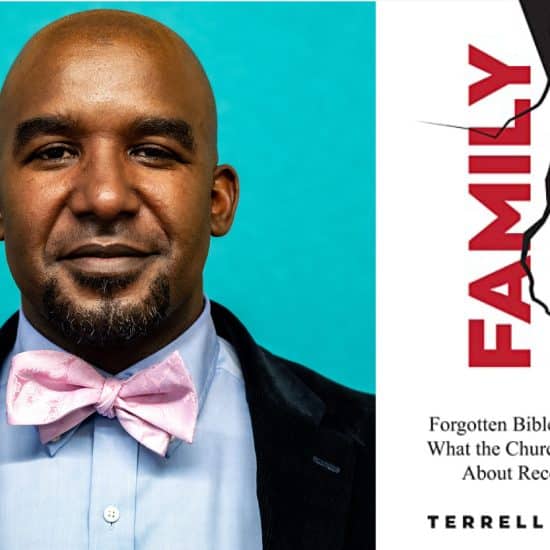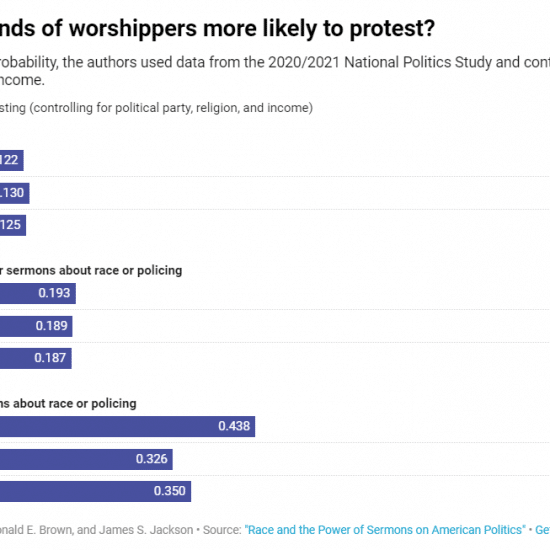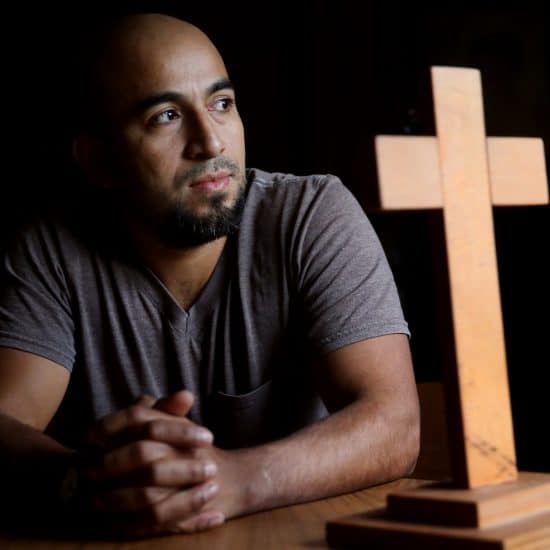More than 110,000 Missourians, ages 65 years and over, suffer from Alzheimer’s Disease. Experts estimate that by 2025, that number will exceed 130,000. With more than 2,026 deaths in 2013, Alzheimer’s is the sixth leading cause of death in Missouri. Alzheimer’s deaths in Missouri rate 9th highest in America, with a whopping 85 percent increase since 2000.
 Experts estimate that by 2025, the number of Missourians with Alzheimer’s Disease will exceed 130,000. With more than 2,026 deaths in 2013, Alzheimer’s is the sixth leading cause of death in Missouri. “Missouri has become a popular place to live for aging Baby Boomers now in their mid-sixties and early seventies,” says Frank Fain, director of adult ministry services at The Baptist Home in Missouri. “They retire from their work on the East and West Coasts where housing and living costs are much more expensive, and move to the Midwest. And the three largest cities in Missouri: Kansas City, St. Louis and Springfield, offer tremendous hospitals and good affordable health care.”
Experts estimate that by 2025, the number of Missourians with Alzheimer’s Disease will exceed 130,000. With more than 2,026 deaths in 2013, Alzheimer’s is the sixth leading cause of death in Missouri. “Missouri has become a popular place to live for aging Baby Boomers now in their mid-sixties and early seventies,” says Frank Fain, director of adult ministry services at The Baptist Home in Missouri. “They retire from their work on the East and West Coasts where housing and living costs are much more expensive, and move to the Midwest. And the three largest cities in Missouri: Kansas City, St. Louis and Springfield, offer tremendous hospitals and good affordable health care.”
Caregivers and Physical Exhaustion
More than 314,000 Missourians currently care for family members in various stages of Alzheimer’s. They give 357,000,000 total hours of unpaid care, valued at $4,374,000,000.
“When a church member gets Alzheimer’s,” Fain explains, “the church not only loses him, but also his spouse who must care for him. Oftentimes, after the Alzheimer’s victim dies, the spouse doesn’t return to church.”
“Why should I return to church?” a caregiving widow might ask, explaining: “My husband suffered from Alzheimer’s for two years and no one from the church came to help me.”
Dr. Fain encourages churches to care for the caregiver while she is caring for her homebound spouse.
“Schedule a church team to visit the caregiver’s home each Sunday afternoon and evening,” Dr. Fain advises. “Care for the spouse with Alzheimer’s so his caregiver can get a respite from the work. This will allow her to attend church worship services, Bible studies or just see her grandkids sing in church youth programs.”
Caring for someone with Alzheimer’s, especially in the late stages of the disease, can be physically exhausting and often lead to burnout. Caregivers need help in many areas of daily life. The church can be a valuable resource. Organize a team of volunteers to minister to the caregivers in your congregation. Teach volunteers about the disease and how to care for a person with Alzheimer’s. Schedule home visits so church teams can help caregivers in practical ways and also give caregivers respite time.
How Church Volunteer Teams Can Help Caregivers
- Adult care: If physically able, help with moving, lifting, feeding and bathing.
- Bible studies: Organize regular Bible studies in the caregiver’s home and pray with and for caregivers.
- Meals: Help cook meals and/or pick-up meals from local restaurants and deliver.
- Housework and yard work: Help with light housework and/or yard work, allowing the caregiver to devote her time to the loved one.
- Shopping: Pick up groceries, prescriptions and other items. Shopping and other errands can prove difficult for the caregiver who cannot leave her sick spouse.
- Transportation: Provide transportation to doctor’s appointments, therapy sessions, dentists, etc.
- House repairs: Make minor repairs around the caretaker’s home. For more complicated repairs, help her find a professional serviceman. If possible, stay with her while the repairs are made.
Become Jesus’s Hands and Feet to Caregivers
While these are some simple ways a church volunteer can assist a caregiver, they are extremely helpful and appreciated. Some caregivers have no support system or their family or friends have disappeared due to the exhausting demands of the disease. Most caregivers desperately need help in practical ways to keep them from physical exhaustion, fatigue and burnout — common ailments of constant caregiving. Dedicated volunteers in your church can put their faith into action, literally becoming Jesus’s hands and feet to those who care for loved ones with Alzheimer’s.
Helpful Resources
If you have questions about Alzheimer’s Disease, memory loss, medications, treatment options, caregiving tips, respite care options, and services available in your community, call the 24/7 Alzheimer’s Association Helpline: 1-800-272-3900. Or visit their website: alz.org/stl/in_my_community_helping.asp.
The Baptist Home’s Director of Adult Ministry Services, Frank Fain, helps Missouri churches develop broad-based ministries to their older members. To schedule a meeting with Fain, contact him at 866-454-2709, 573-546-2709 or 573-225-3274. For more information, visit the Home’s website: thebaptisthome.org/residentialcare.
Most family caregivers spend $5,000 or more each year caring for a loved one with Alzheimer’s in their homes. Alzheimer’s Special Care Units that offer residency can cost as much as $5,000 a month. Such expenses can place caregivers and their families in financial difficulty. The Alzheimer’s Association’s St. Louis Chapter offers a Respite Assistance Program, available to all Missouri residents, to help ease some of the financial burden incurred through caregiving. For more information, call the St. Louis Chapter Headquarters: 314-432-3422. For more on support resources for caregivers, visit alz.org/care/alzheimers-dementia-support-help.asp.
![]() Denise George, author of 31 books, is co-author of the new Penguin Random House book: “The Lost Eleven: The Forgotten Story of Black American Soldiers Brutally Massacred in World War II.” She is married to Dr. Timothy George, founding dean of Beeson Divinity School, Samford University.
Denise George, author of 31 books, is co-author of the new Penguin Random House book: “The Lost Eleven: The Forgotten Story of Black American Soldiers Brutally Massacred in World War II.” She is married to Dr. Timothy George, founding dean of Beeson Divinity School, Samford University.






